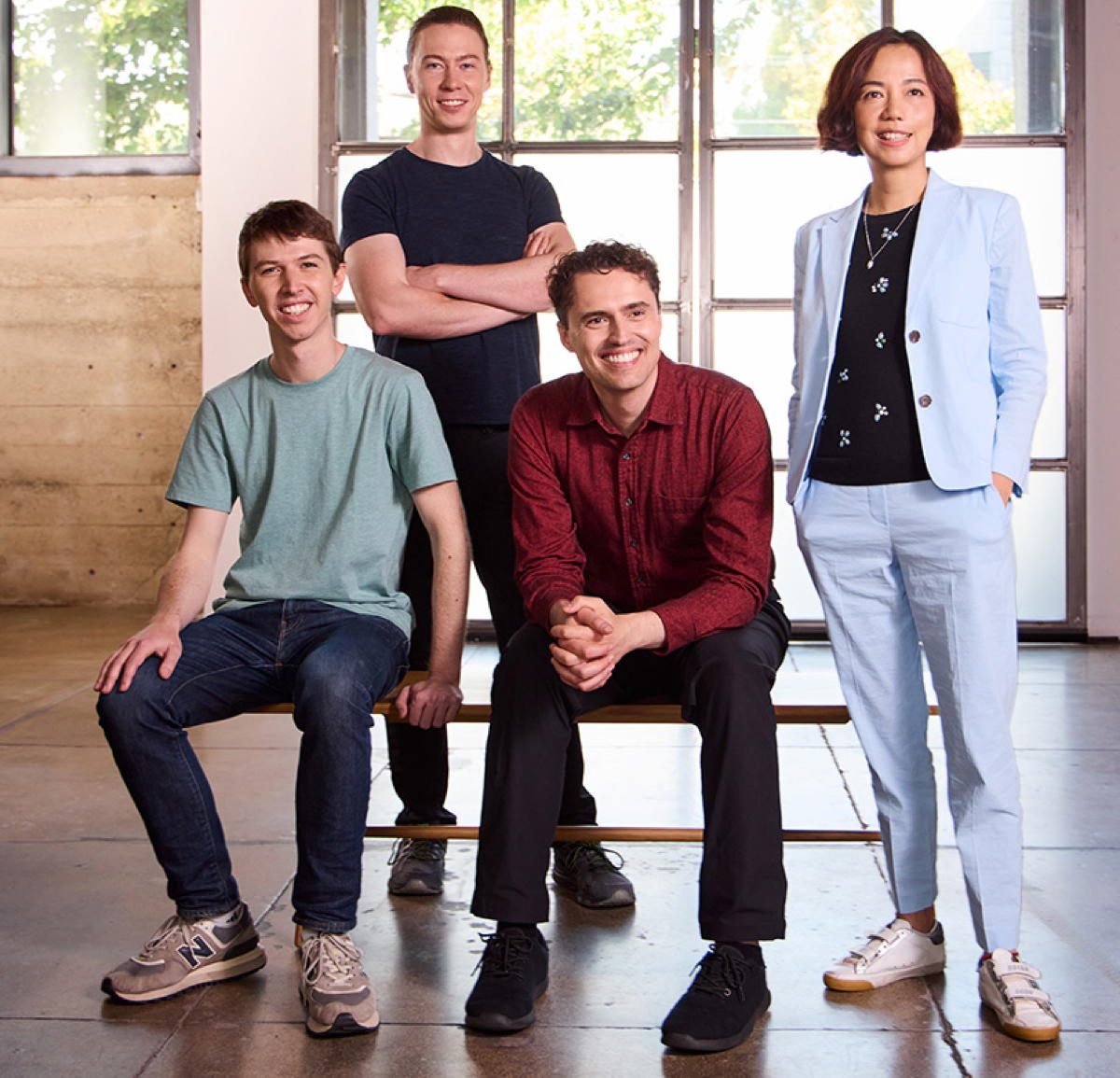Well-known Stanford artificial intelligence (AI) researcher Li Feifei has raised $230 million (£174m) from investors led by Andreessen Horowitz, NEA and Radical Ventures for a start-up called World Labs.
The start-up’s existence was initially reported in May, but it has only now come out of stealth mode.
World Labs declined to specify the company’s valuation, but reports said the two funding rounds valued it at more than $1bn.
The firm aims to create AI that can interact with and understand the three-dimensional world, building what it calls “large world models”, which it contrasts to the language-based approach of large language models (LLMs) that power chatbots such as ChatGPT.

3D worlds
Li’s success at gaining significant funding is an indication of investors’ continued interest in AI, at a time when the valuations of firms with significant AI exposure has recently been levelling off after a period of explosive growth.
Investor Radical Ventures is a Canadian venture capital firm at which Li is also a scientific partner.
AI figures including Google DeepMind chief scientist Jeff Dean and former Google AI researcher Geoffrey Hinton also invested, as well as actor Ashton Kutcher, Salesforce chief executive Marc Benioff, LinkedIn co-founder Reid Hoffman, former Google chief executive Eric Schmidt and Nvidia’s venture arm.
The San Francisco-based start-up intends to generate virtual 3D spaces with realistic physics and to allow people to create their own 3D “worlds”.
The company said its developments would be useful for people including artists, designers, developers and engineers.
In an interview with Bloomberg Television, Li said the “foundational” technology had a “wide range of use cases”, eventually including robotics and manufacturing.
‘Spatial intelligence’
The company aims to have its first product next year.
Li, co-director of Stanford’s Human-Centered AI Institute, co-founded World Labs with AI veterans Justin Johnson, Christoph Lassner and Ben Mildenhall. The company currently has 20 employees.
At a TED conference in Vancouver in April Li previewed the concepts behind World Labs, speaking of “spatial intelligence” that could allow an AI to extrapolate based on observations of three-dimensional environments and act based on those extrapolations.
During the talk Li showed a picture of a cat pushing a glass toward the edge of a table and spoke of how the human mind could assess what was happening and take action to prevent the glass from falling.
“Nature has created this virtuous cycle of seeing and doing, powered by spatial intelligence,” Li said at the time.
She said during the talk that the Stanford lab was trying to teach computers “how to act in the 3D world”.




